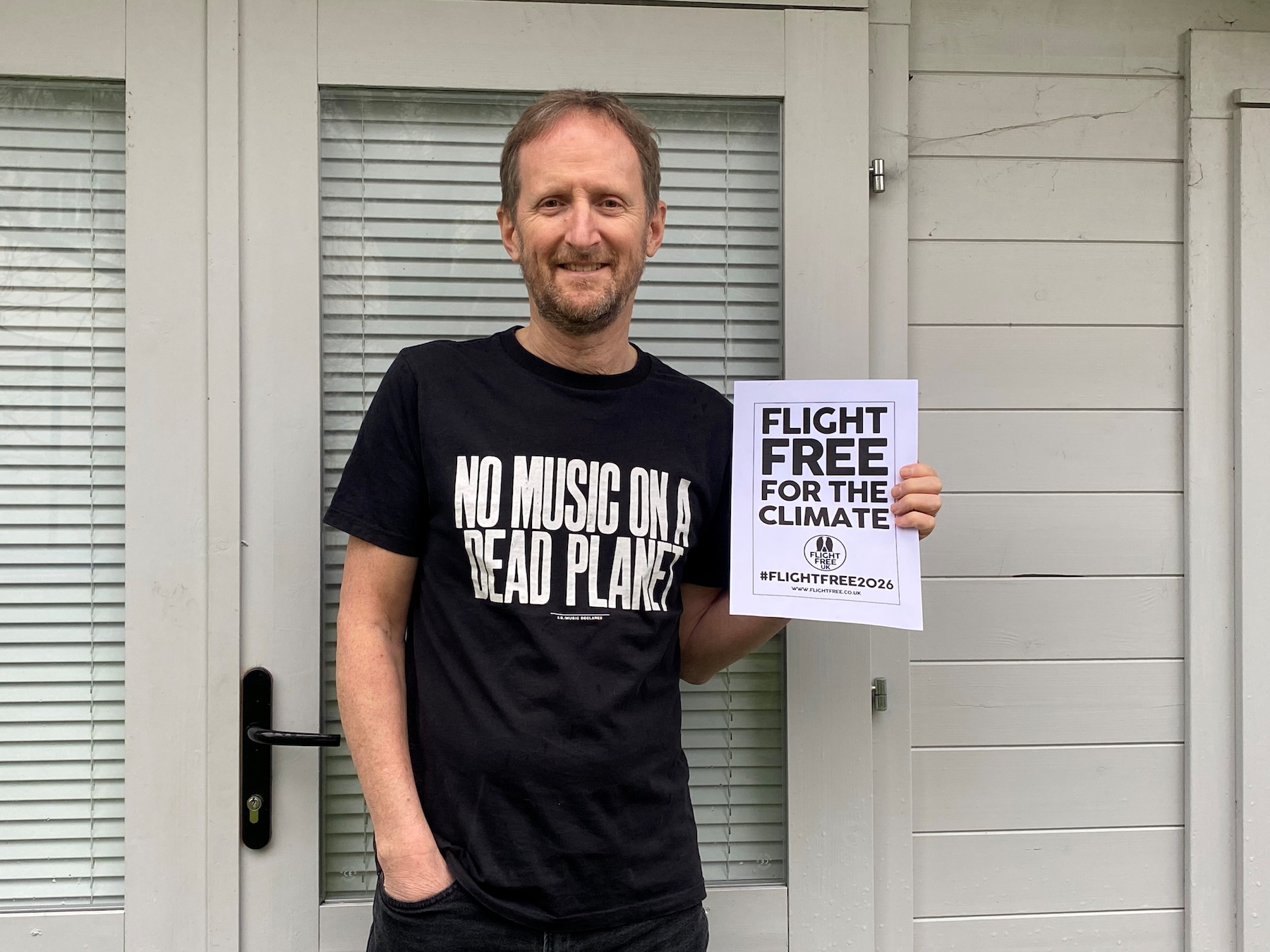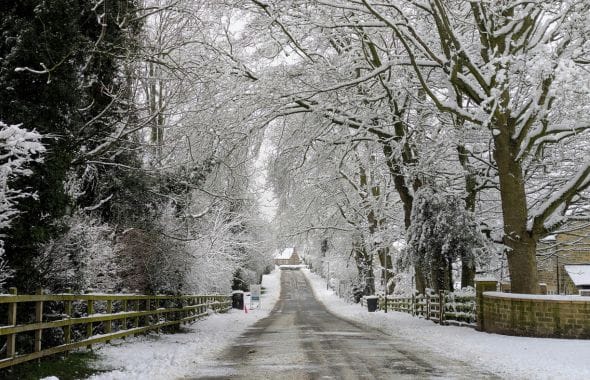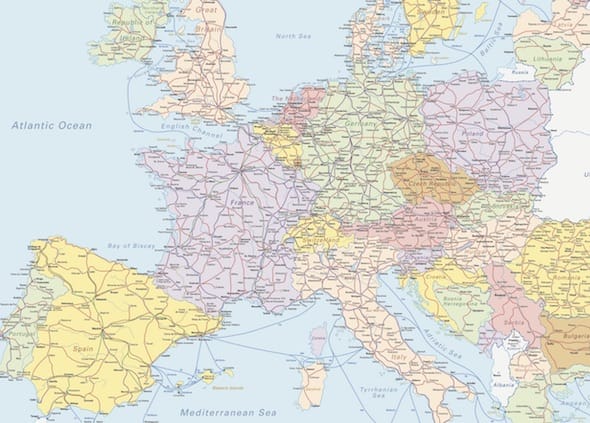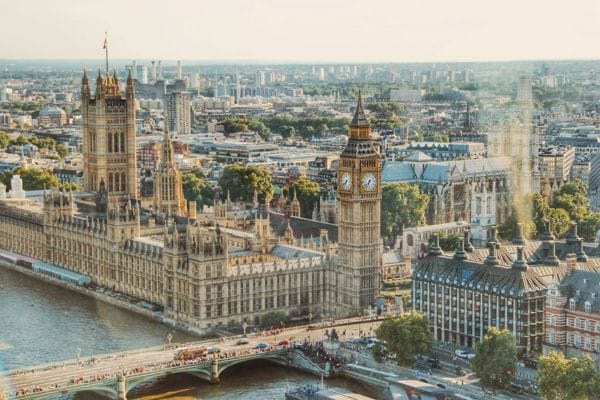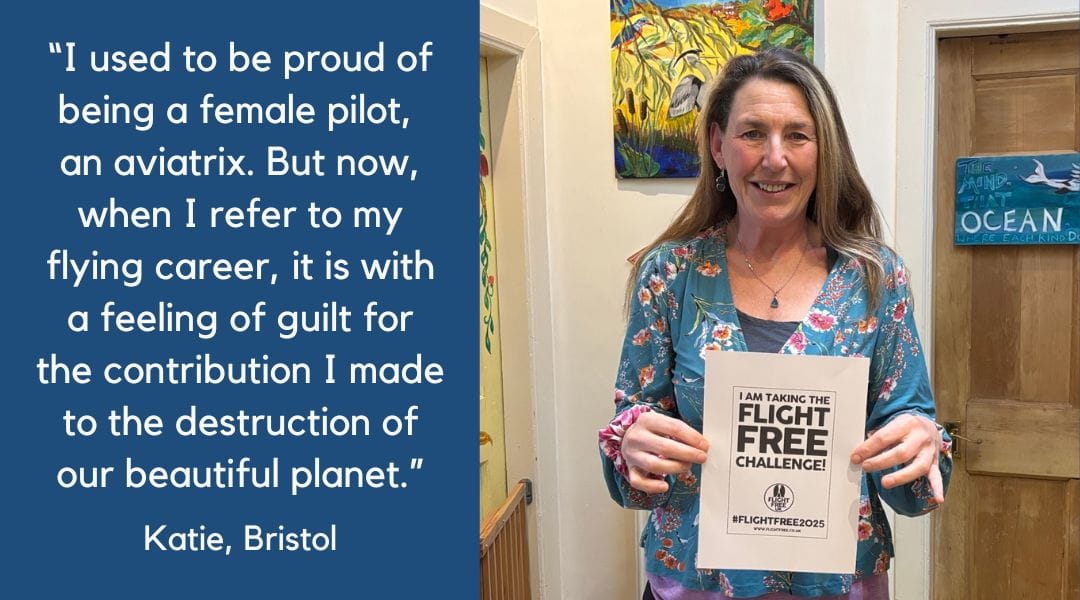
My childhood was spent on three continents because of my father’s job with the United Nations, so getting on an airplane has always been a very normal thing to do.
Growing up, my only real dream was to find a job where I could keep travelling.
I started telling people that I was going to be a pilot, but it was only a fantasy, until one day I went up in a little Cessna 152 for an introductory flight. From that day on I was completely hooked.
I flew for almost twenty years, flight instructing on light aircraft, and then flying all over the world as a long-haul Airbus A340 pilot. My last flying job was as the captain of a private jet for NetJets, as well as managing their flight safety department. Sustainability was not something that had been discussed by any of the companies I worked for, or during the continuous training that goes hand-in-hand with being a commercial pilot.
Sustainability was not something that had been discussed by any of the companies I worked for.
Then in 2010, NetJets hired its first environmental consultant. He gave a fascinating presentation about how the company was going to plant some trees in Borneo to offset the company’s carbon emissions. ‘Greenwashing’ was not yet a word that anyone was familiar with, but it did not take much research to understand that there was not enough land in the world to plant enough trees needed to cancel out the pollution caused by private jets.
I slowly started to get more uncomfortable about my job, and the daily contribution I was making to accelerate the climate crisis.
My father died that same year, and chose to be buried in a biodegradable coffin – basically, a big white cardboard box. My sister and I gathered our family and friends, opened bottles of red wine and, with coloured pens, pencils, photos and glue sticks, turned the box into a tribute to him. On the top, we reproduced the logos of all the companies and charities that he had worked for over his interesting career, including the iconic United Nations logo with its olive branches encircling the world.
As I sat there drawing, I suddenly foresaw my own coffin, dominated by an enormous grey ‘NetJets’ logo and surrounded by clouds of pollution. Chills ran through my body.
It is common advice to not make big life decisions immediately after losing a loved one. I ignored this advice. A week after my father’s funeral I resigned from NetJets. I was not sure what lay ahead, but I would enjoy some precious time with my young family while I explored my options. I was pretty sure that my aviation journey was over, and in a way it was. I have not piloted an aircraft since.
I used to be proud of being a female pilot, an aviatrix. I was invited to give inspirational talks to school children and was often the centre of excited questioning at dinner parties. But now, when I do refer to my flying career, it is more with a feeling of guilt for the small, but real, contribution I made to the destruction of our beautiful planet.
It was my hand on those four throttles, pushing them fully forward as I slowly accelerated the heavy Airbus A340 during our take-off from the paradise island of Mauritius. As we reached flying speed, I was the one pulling back on the flight controls and gently coaxing that enormous, fuel-laden machine into the sky. Twelve hours later, as I initiated our descent into Paris, the aircraft felt considerably lighter, which was of course to be expected, as 80,000kgs of jet fuel had just been burned. Every kilo of the fuel burned had added over 3 kilos of carbon to our atmosphere.
The flight I am referring to was twenty years ago, and the memories of the holidaymakers on board have long faded, but the emissions from that flight, and all the others I piloted, are still floating around in our thin and fragile atmosphere. Their contribution to the warming of our planet will last for a very long time: hundreds, and maybe even thousands, of years.
When Swedish journalists coined the term ‘flygskam’ ⎼ flight shame ⎼ in 2018, they were starting a conversation about their own guilt as airline passengers. Flight shame takes on a bigger meaning when considering the contribution of the aviation industry. What are we, the aviation workers, going to say when asked what role we played in the fight against climate change?
During Covid, I realised that my work in aviation was not over. I could see the huge sustainability challenge ahead for the industry and I realised that great effort was going to be needed to tackle it. I enrolled in a graduate degree programme in ‘sustainable aviation’, ready to roll up my sleeves and get to work. I was eager to see what was being done to address aviation’s environmental challenges and to find my role helping to drive positive change.
The more I read, the more concerned I became. I learned that the aviation industry was steadily growing, year upon year. I realised that aviation carbon emissions are continuously rising, and that this is not even the industry’s biggest problem. There are also ‘Non-CO₂’ aviation climate impacts which are causing even more global warming than the carbon emissions. I learned of the staggering numbers of new commercial airliners on the order books, far more than are already in operation today; all designed to continue burning fossil fuels for many years to come.
In spite of the growing size of the problem, I heard airlines talking loudly about their ambitious climate goals; reassuring us all that they would achieve ‘Net Zero by 2050’. As I examined the roadmaps they had produced to meet these goals, I found them based almost entirely on unscalable or unproven future technologies.
I heard airlines talking loudly about their ambitious climate goals; reassuring us all that they would achieve ‘Net Zero by 2050’, based almost entirely on unscalable or unproven future technologies.
There are brilliant aerospace engineers, scientists and entrepreneurs working tirelessly to find solutions, but they need time. As air travel continues to grow without addressing its environmental problems, the limited time we have available to fix the problem is disappearing. As I write this, in 2025, we have less than five years left if we have any hope of remaining within 1.5ºC of global warming.
As my awareness of the enormity of the problem grew, I found myself sinking low. I questioned whether I was depressed, or overreacting. Should I talk to someone? Ask for medication? But I did not think I was depressed; the emotion felt familiar and all too recognisable. I realised I was grieving.
It was grief for the time when air travel seemed normal, carefree and exciting. It was grief for our beautiful planet and all the living creatures who share it with us. Most of all it was grief for the future of our children and their families to come. Grief has stages which include denial, worry, guilt, anger, and, eventually, action. I decided to act; it is the only thing that helps me to alleviate the grief.
